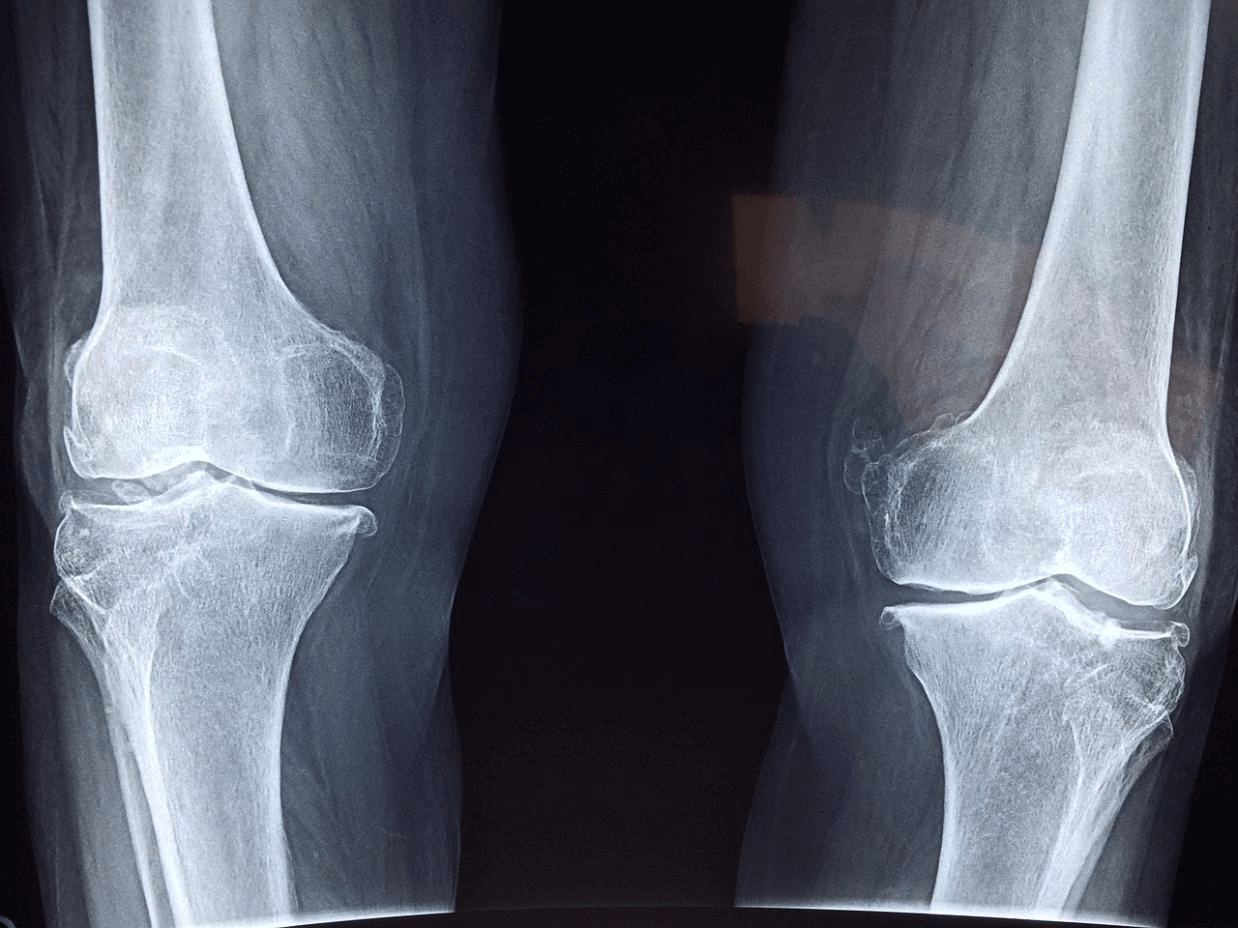Understanding Osteoporosis: Prevention and Treatment Options

Osteoporosis is a condition that weakens bones, making them fragile and more likely to break. It's often dubbed the "silent disease" because bone loss occurs without symptoms. However, understanding osteoporosis and learning how to prevent it can significantly impact long-term health.
Risk Factors for Osteoporosis:
Several factors can increase the risk of developing osteoporosis. Age is a significant factor; as we get older, our bones naturally become thinner. Gender also plays a role, with women being more prone to osteoporosis, particularly post-menopause, due to a drop in estrogen levels. Genetics is another crucial element; a family history of osteoporosis can increase your risk. Lifestyle factors, such as a diet low in calcium and vitamin D, excessive alcohol consumption, smoking, and lack of physical activity, can also contribute to bone density loss.
Preventing Osteoporosis: Strengthening Your Bones
Preventing osteoporosis starts with building strong bones, especially during childhood and adolescence, but it's never too late to adopt habits that will keep your bones healthy. Here are some effective strategies:
Diet and Nutrition: Ensure your diet is rich in calcium and vitamin D, essential nutrients for bone health. Dairy products, leafy greens, and fortified foods are excellent sources of calcium. Sun exposure and foods like fatty fish help with vitamin D intake. If necessary, consult a doctor online to discuss dietary supplements tailored to your needs.
Regular Exercise: Weight-bearing and resistance exercises are beneficial for maintaining bone density. Activities like walking, running, lifting weights, and even dancing can help strengthen your bones. It's crucial to have a consistent exercise routine; if you're unsure where to start, consider setting up online doctor appointments to get personalized exercise recommendations.
Healthy Lifestyle Choices: Avoid smoking and limit alcohol consumption. Both can weaken bone structure over time. Maintaining a healthy weight is also essential, as being underweight increases the risk of bone loss and fractures.
Treatment Options for Osteoporosis:
If you've been diagnosed with osteoporosis, there are several treatment options available:
Medications: There are various medications designed to slow bone loss and increase bone density. These include bisphosphonates, hormone-related therapy, and others. An urgent care doctor online can help determine which medication is suitable for you based on your health profile.
Lifestyle Modifications: Even with medication, lifestyle changes remain crucial. A diet rich in nutrients and a regular exercise routine continues to be important. Consulting a virtual doctor online can provide ongoing support and adjustments to your lifestyle plan.
Monitoring and Support: Regular check-ups are essential for managing osteoporosis effectively. Through online doctor appointments, you can continually monitor your bone density and make necessary adjustments to your treatment plan. Online consultation services can offer the flexibility and convenience of managing your condition without the need for frequent in-person visits.

Osteoporosis might be a silent disease, but with proactive measures, it can be managed and even prevented. Embrace a healthy lifestyle, maintain a nutrient-rich diet, and engage in regular physical activity to keep your bones strong. If you're at risk or need guidance, TelMDCare's virtual platform is here to help. With our online services, you can speak to a doctor about your concerns, receive expert advice, and develop a personalized plan to maintain bone health.
Connect with us today to ensure you're taking the right steps towards preventing osteoporosis and achieving optimal health.